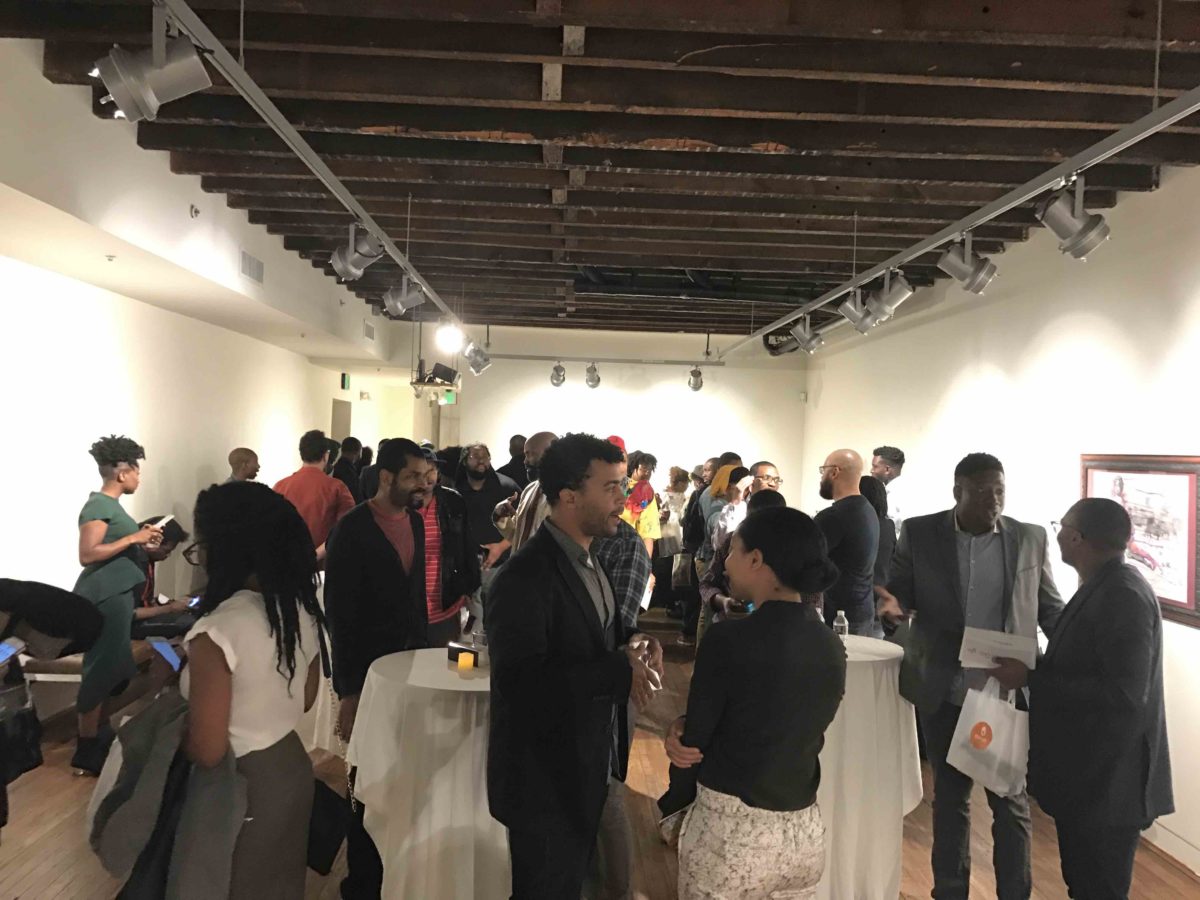The end of the year is a time to think about what’s next for 2017, but it’s also worth reflecting on how we got here. We’re looking back at some of the themes that kept coming up in our coverage of Baltimore’s tech community in 2016. See the full list of 2016 trends here.
If 2015 was the year that Baltimore decided to confront the structural issues that led to the “Two Baltimores,” 2016 was the year when work began on new structures for the future.
Since a big part of the push is creating jobs, tech and entrepreneurship are areas with pathways that can help. Extending opportunities to everyone has been part of the DNA of Baltimore’s tech community, perhaps most visibly through youth-oriented efforts like Digital Harbor Foundation and Code in the Schools. In 2016, the conversation around inclusion extended as lots of new efforts appeared.
Thi means new spaces in new neighborhoods. Impact Hub Baltimore opened in Station North as the year began, providing a home for the already existing and growing social entrepreneurship community. On Martin Luther King, Jr., Day at Penn and North, Innovation Village announced the creation of a 6.8 square mile innovation district in Central West Baltimore. They organized events in West Baltimore with Startup Soiree and partnered on a hackathon at Coppin State. By the end of the year, Innovation Village announced a new innovation center to be built at Madison Park North. Elsewhere, Brioxy held a Black Tech Mixer at the Eubie Blake Cultural Center on Howard Street. Harbor Bank said it was planning space for startups, and Startup Nest is completing work on a new incubator in Pigtown.
It also means building efforts to intentionally help specific groups. Tammira Lucas and Jasmine Simms created Moms as Entrepreneurs to help mothers build businesses. Rowdy Orbit Impact is offering coding classes for returning citizens, while Mission: Launch organized a new approach to a hackathon to specifically help returning citizens. Digital Harbor Foundation hosted a hackathon to create solutions for people with disabilities, while Aging 2.0 Baltimore specifically set out to gather technologists that could help the aging population. Johns Hopkins’ Social Innovation Lab specifically looks to help entrepreneurs from the community.
Inclusion is also starting to appear as part of processes. Allovue’s Jess Gartner and Crystal Coache put specific strategies in place to hire a diverse team. When the Baltimore Development Corporation doled out grants to leading tech orgs and incubators, they set aside specific amounts for women- and minority-owned businesses. Sagamore Development reached an agreement with surrounding neighborhoods and committed to a workforce training center before reaching a financing deal for Port Covington.
Much work remains, and will continue regardless of calendar year. But as we take a moment to reflect before heading into 2017, it’s worth considering how to bring everyone to the conversation.
Join the conversation!
Find news, events, jobs and people who share your interests on Technical.ly's open community Slack

Baltimore daily roundup: Gen AI's software dev skills; UpSurge Tech Ecosystem Report; MD service year program

Baltimore daily roundup: Mayoral candidates talk tech and biz; a guide to greentech vocabulary; a Dutch delegation's visit

Baltimore daily roundup: Medtech made in Baltimore; Sen. Sanders visits Morgan State; Humane Ai review debate


